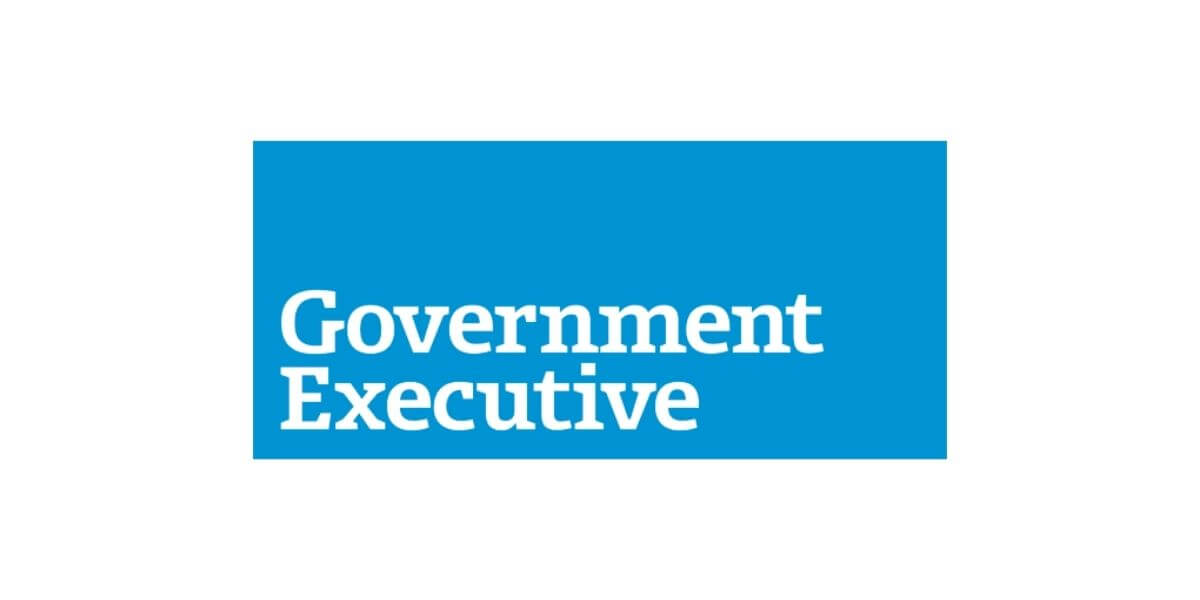President Biden announced on Thursday, September 9, 2021, that he will sign an Executive Order (EO) requiring COVID vaccinations for all federal workers. He further announced that he had already signed such an EO pertaining to contractors who do business with the federal government. This comes following the increased concern over the spread of the Delta variant throughout the United States, and with the endorsement of the Centers for Disease Control (CDC).
Since January, the Biden Administration has slowly been ramping up its efforts regarding the vaccine, and with the recent full approval of the Pfizer vaccine by the FDA, it seems to have surmounted the last hurdle when it comes to implementing mandatory vaccine policies. The President’s address and related EOs are his most aggressive steps in his efforts to convince non-vaccinated Americans to become vaccinated.
It isn’t just federal employees who are on the receiving end of vaccine mandates. In the President’s announcement, he mentioned that the Department of Labor and the Occupational Safety and Health Administration (OSHA) are setting rules in place to require all employers with more than 100 employees either to have all employees provide proof of vaccination or submit to weekly testing. However, it appears that this testing alternative is not being made available to federal employees, leaving few choices for those that do not wish to receive a vaccine.
Which raises the questions: Are there any options left for federal employees who want to remain unvaccinated? Will this mandate be challenged in court? Do unions have the ability to stop the implementation of the mandates as they pertain to their members?
This article will attempt to answers those questions based on the information currently available which is continuing to evolve.
Are There Any Options Left for Federal Employees Who Wish to Remain Unvaccinated?
The most common question I have received since the initial rumor, and now announcement, of an impending EO mandating vaccines for federal employees is whether the federal government will still honor certain protections that allow employees to decline vaccination. Although this question cannot currently be answered with certainty, it appears that the answer is “Yes.”
As mentioned in President Biden’s speech, each federal agency will be in charge of developing its own programs and policies for requiring vaccinations while honoring certain exemptions as required by law. Back in January, the Safer Federal Task Force (Task Force) had issued guidance as to how agencies should best protect their workforce and the Task Force is scheduled to update this guidance within the next week, specifically on the issues of policies agencies need to implement regarding a vaccine mandate.
These exemptions would be limited to either a medical or religious basis. As I have discussed before, under the Rehabilitation Act, if employees notify their agencies of a disability or medical condition that prevents them from safely receiving a vaccine, they would be able to work with their agency to provide some sort of accommodation.
Similarly, under Title VII of the Civil Rights Act, if an employee has a “sincerely held religious belief,” he or she should be entitled to an accommodation from the agency in lieu of receiving a vaccination.
In both cases, an agency likely would require some sort of proof to the entitled to exemption—such as a doctor’s note, a note from a faith leader, etc. There is no guarantee that an agency will grant any specific type of accommodation, or even any accommodation at all, as the law allows an agency to deny a request for accommodation that legitimately creates an “undue hardship” on the agency.
It is also interesting to note that the EOs do not differentiate between in-office and remote workers. This leads me to believe that those who are full-time remote workers with no obligation to physically report to a federal facility may be able to make a case against a vaccine mandate.
Will This Mandate be Challenged in Court?
There is no question that this mandate will be challenged in court by several entities. The Republican National Committee has already announced its intention to bring such an action. We have had many different federal employees, unions, and other organizations reach out to our law firm in the past few months asking this very question. Most likely, the myriad expected lawsuits on these issues will be consolidated at some point for decision by the Supreme Court of the United States (SCOTUS).
It should be noted that previous SCOTUS decisions have upheld a state’s authority to enforce compulsory vaccination laws in the past. For example, in (SCOTUS 1905) a mandate for the smallpox vaccine was challenged on the ground that it violated personal freedoms and an individual’s right to choose. The Court held that a state has the power to enforce compulsory vaccines when it comes to protecting the “common good.” In that case, exemptions were also noted to have been granted for those unfit to receive a vaccine.
It hardly bears mention that these are different times and, as it is said, “past performance is not indicative of future results” but, realistically, any attempt to challenge a vaccine mandate is likely to be an uphill climb.
Is There Any Chance These Executive Orders Are Delayed?
As mentioned, federal employees who do not qualify for exemption from the mandate have few other options since there is no testing/masking/distancing alternative and individual litigation would be cost prohibitive for almost all Federal employees. Those employees also face the devastating possibility that their refusal to be vaccinated may result in their removal from federal service.
Unions with previously established contracts or collective bargaining agreements would have to renegotiate their terms. We likely will see a request for an injunction filed by companies or unions; however, it is uncertain whether they would amount to anything due to the previously established precedent.
Further, If the Supreme Court’s recent decision not to enjoin implementation of the Texas “heartbeat bill” is any indication, those seeking to delay or stop the implementation of the EO’s will face a tough task. It may be quite some time before a definitive answer to these issues is received.
Moving Forward
Regardless of your stance on the vaccine mandate, the most important thing is being aware of your rights so you can best protect yourself and your career. President Biden has continued to show his strong support for the vaccine and has alluded to hefty punishments should any federal employee break the rules. With the consequences for breaking your agency’s policies ranging from fines to demotion or termination, should you have any more questions, concerns, or believe that your protected rights are being violated, you should seek proper legal counsel.




